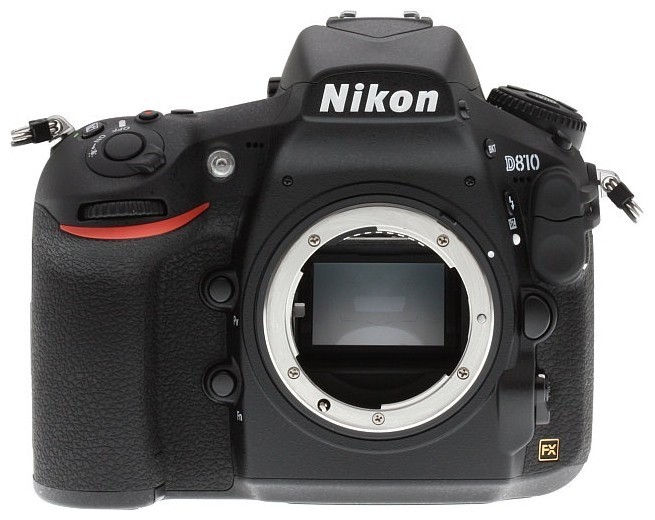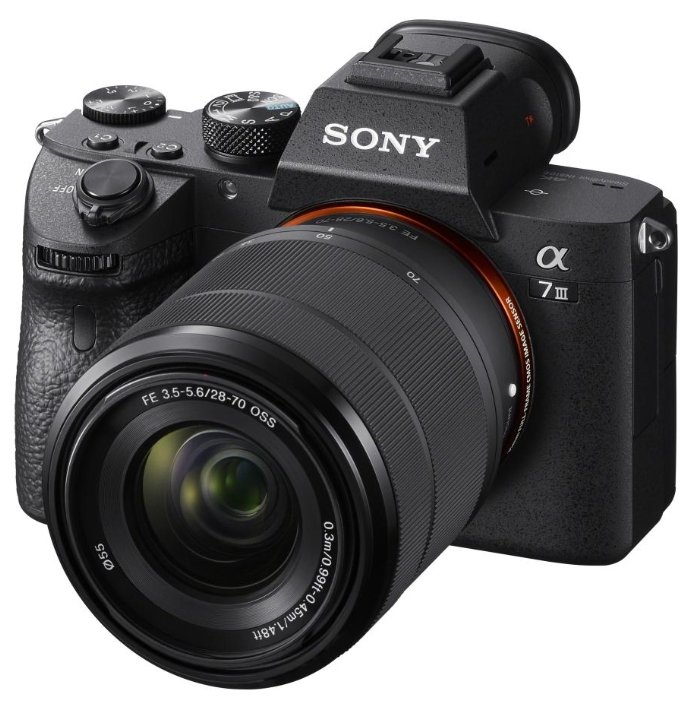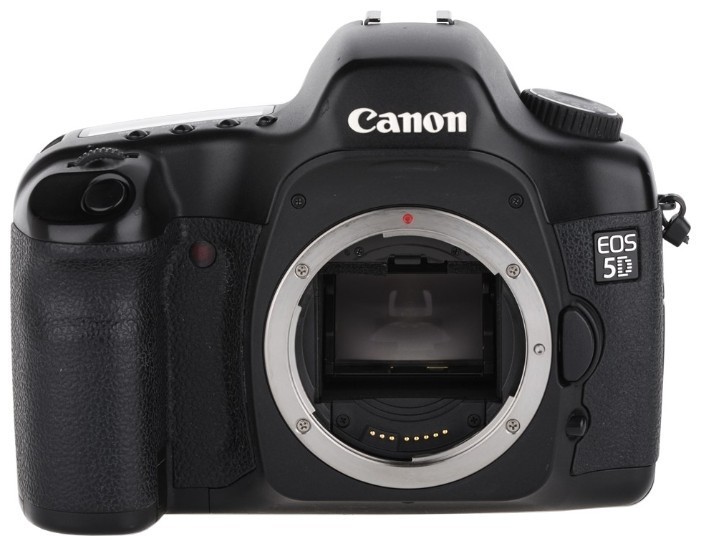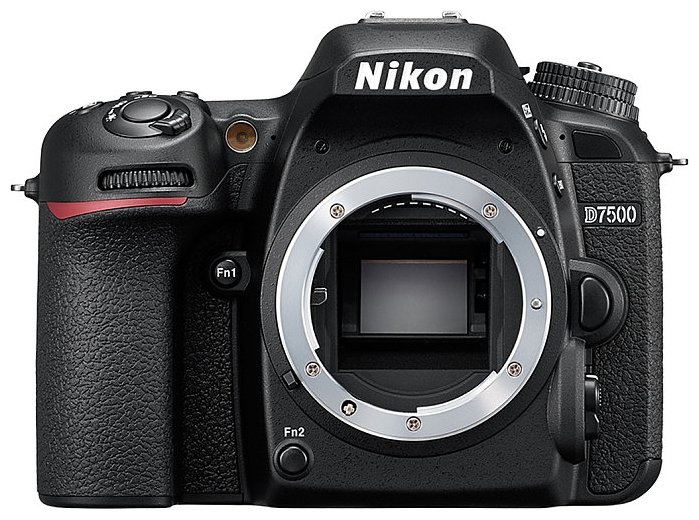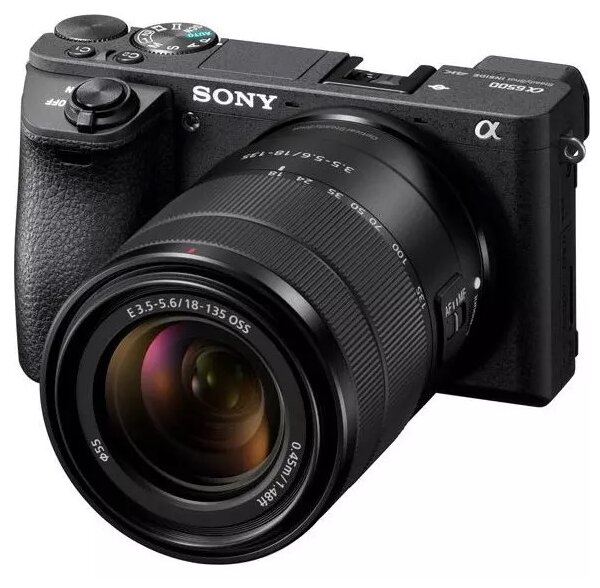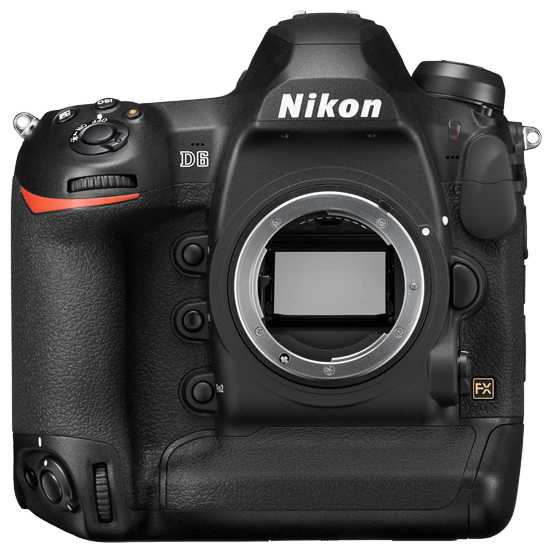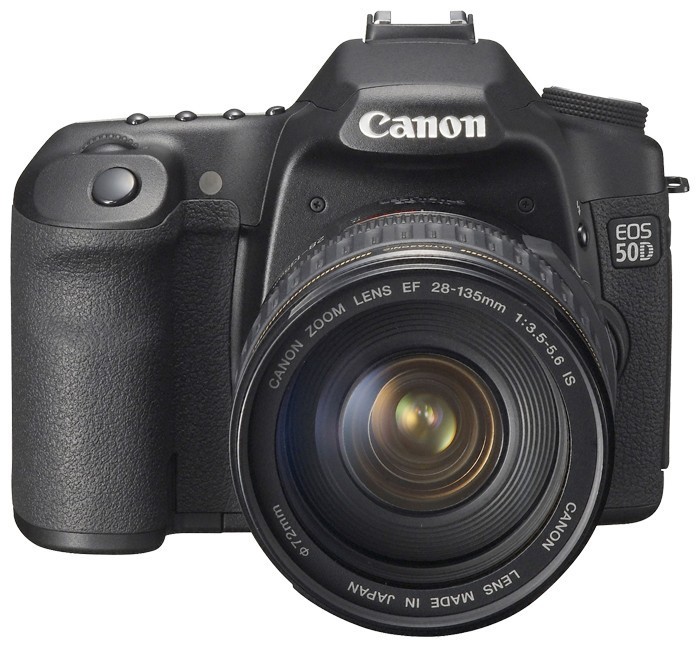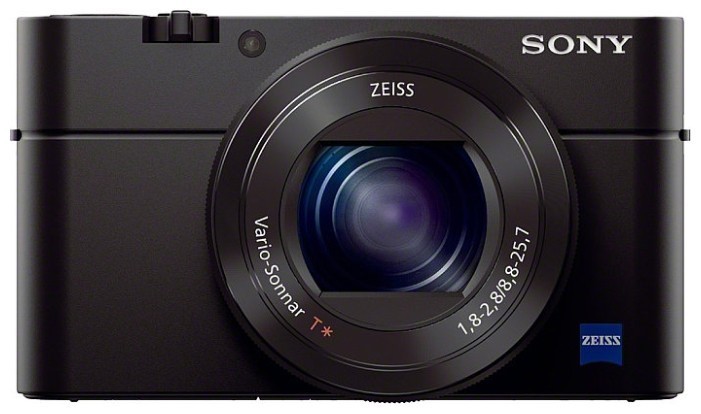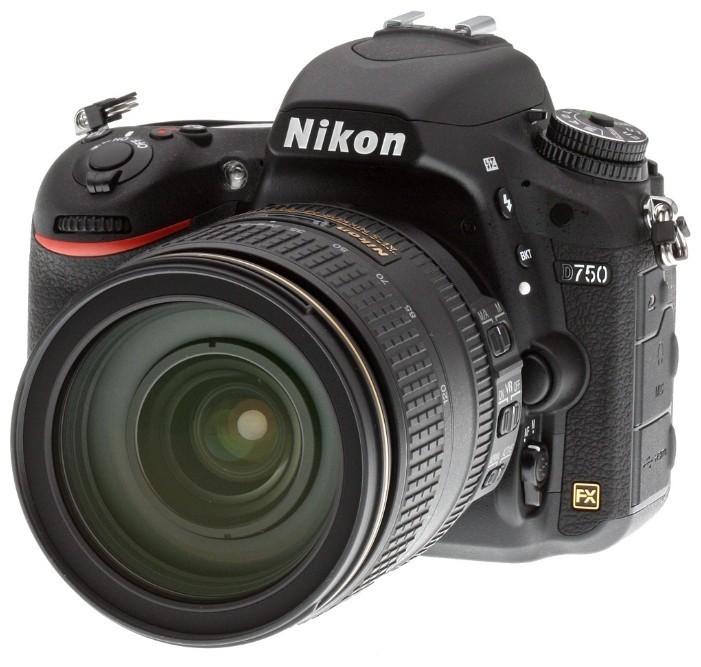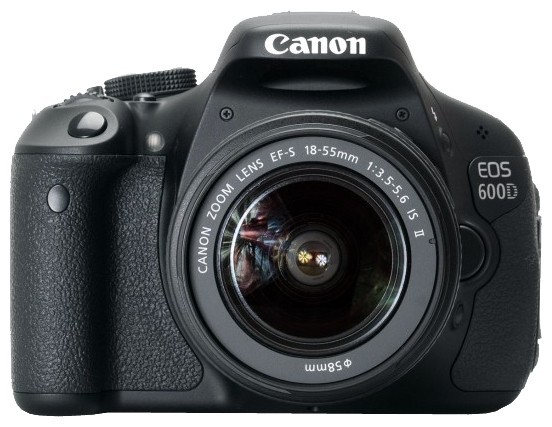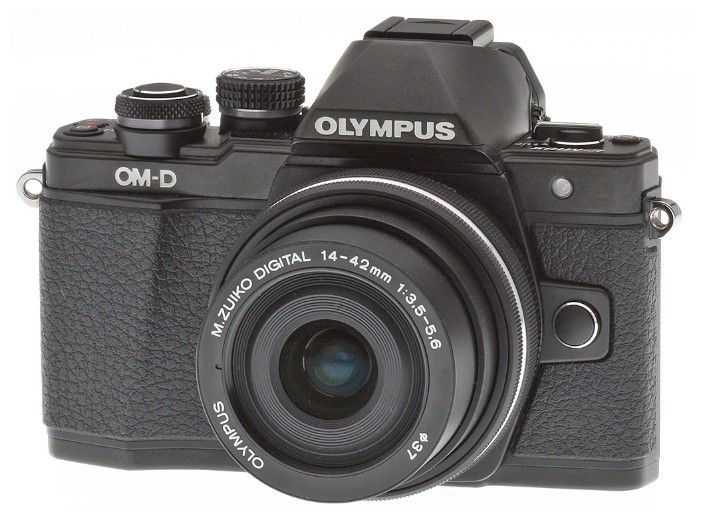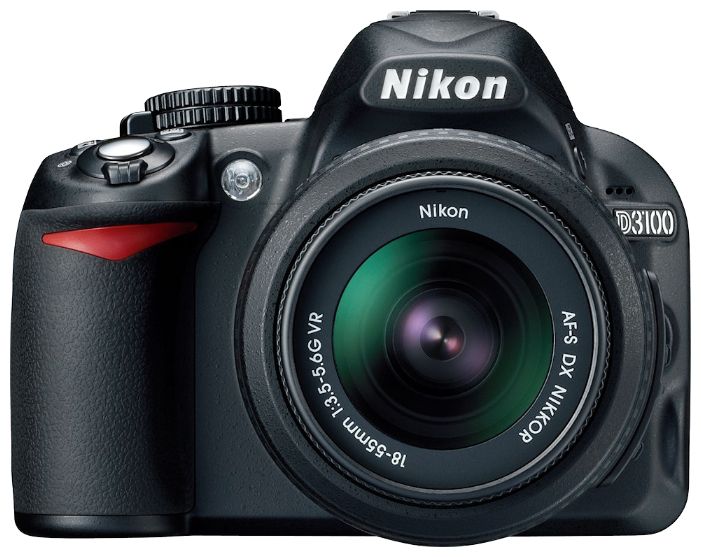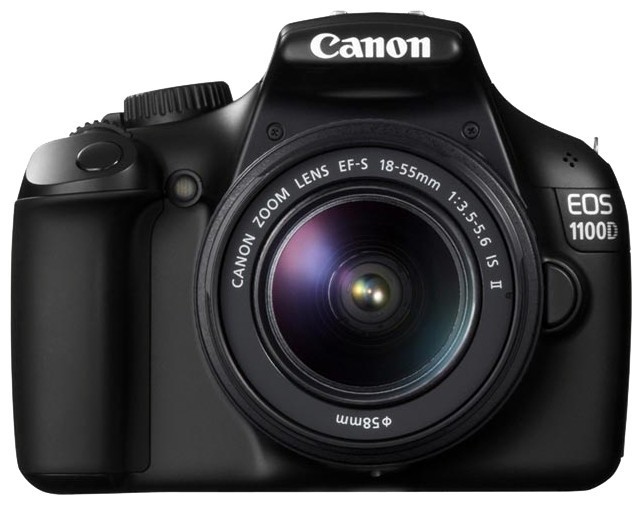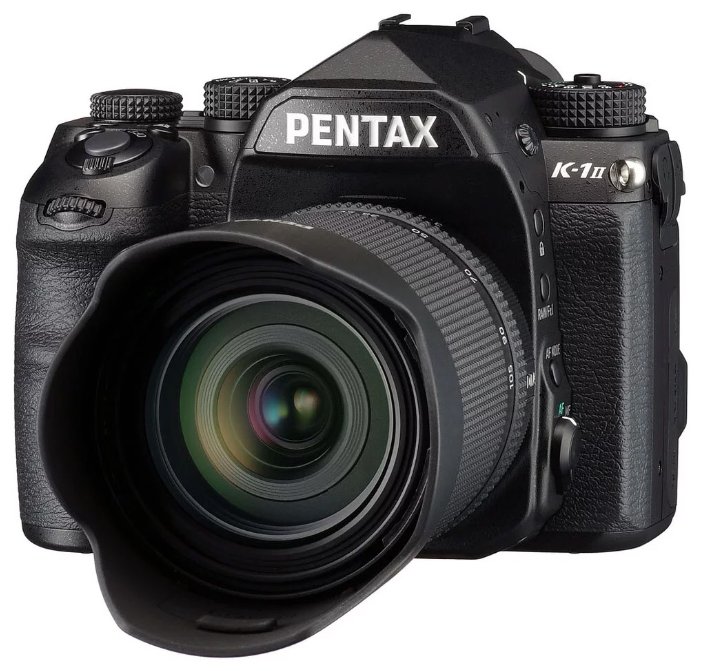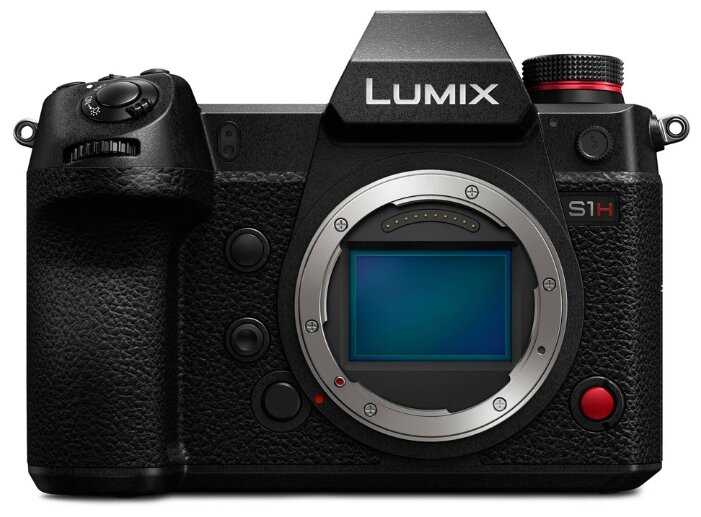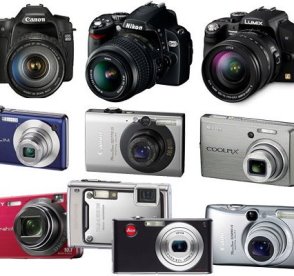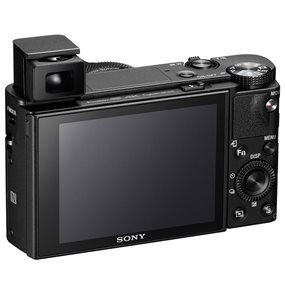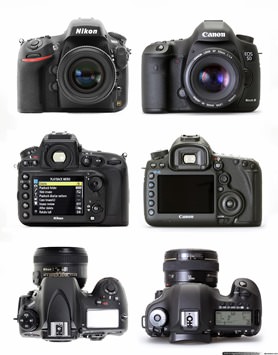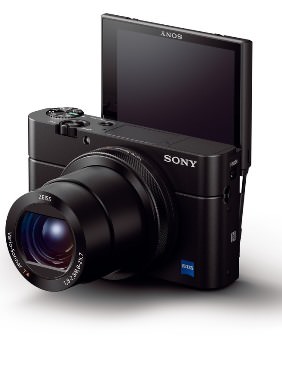Отзывы о Фотоаппарат Canon PowerShot G9
440 отзывов пользователей o Canon PowerShot G9
Пользовались
Canon PowerShot G9?
Поделитесь своим опытом и помогите другим сделать правильный выбор
I've owned and used several canon S and G series cameras in this range. Before the advent of affordable DSLR cameras my assessment would be different than it is now, much more harsh perhaps. Many of us vacillated to these from film SLR's because they were the only show, but the world has changed. DSLR's were out of reach as they were crazy expensive, so cameras like this, at the upper end of the PS scale (dubbed "prosumer"), had some big shoes to fill and were labored with high expectations. All of this history is crammed in 5 or 6 short years; the velocity of change has been incredible. Today is no different than it was then, this is not a do all, end all camera and I don't think Canon means it to be. One main distinction is that the ranks have thinned and many of its features can only be found in a rangefinder camera if you go all the up the food chain the Leica M8. It is not a beginner's camera, unless that person wishes to learn about the fine points of photography. A DSLR is quite simply a better deal and can be had for about the same money as the G9, but the price you pay is bulk.
This is an advanced piece and it fills some very specific purposes, but it is not for everyone. I get the impression from many that they expect it to be a viable replacement for an SLR and it is not.The G9 will produce excellent results, easily approaching what can be got out of an SLR in many situations, but it can take a lot more work to get those results and the images may have some noise or contrast issues in extreme cases.
It does have a major flaw in viewfinder coverage and parallax, but it is clearly left on there as a bail out. In case of low battery or for some discrete times or in high contrast conditions it can make the difference between getting the shot and missing out. You can use it, but it requires some creativity and practice. This is not unique to this camera, but common to the breed. It seems worse since there is such a huge focal length range to cover, but these optical VF's on all brands of cameras have always been marginal at best. One thing I do miss, though, is the swivel LCD. That was always a gas to use, but it also made the G (G2/3/5/6) cameras bigger and fatter than the S's (S30/30/45/50/60/70/80). Once I could afford an SLR, all I owned was the S's. Now I think Canon has kind of blended both lines into one, and I can live with what the G9 is fine; kind of an S series on steroids.
The LCD might look a little cool in color temp, but saying it's got a blue cast and suggesting that it's not usable sounds like looking for something to complain about. I didn't buy and don't use the G9 as an image viewer, but as a tool to make them. All the LCD is meant for is basic shot framing and exposure review. Canon have done a splendid job in the live and shot review settings (live histogram, all the image details you could want) making this large LCD a great tool. No blue cast is evident in the final images (jpeg or raw), so what difference does a cool LCD make? If lighting is an issue and if the user is trying to control the output, the only real way (with any camera) to insure the final color balance is to shoot raw anyhow, so again, I just don't see an issue here, at least not where I'm sitting. I also own the SD850, and side by side I just don't see anything to carp about with either.
I travel extensively and bring the G9 everywhere as I can't always carry my DSLR gear. I have found that I "need" one of these to satisfy my addiction. There is simply nothing else on the market that can offer the features and produce the results in such a compact package at such an affordable price (sometimes at any price). This one shows that Canon still sees this a viable niche to fill, and the G9 is the best of them I've used, all things considered. If Canon would design in a legitimate viewfinder, and if the lens could pick up a stop or 2 in speed and go wider on the short end, I think more serious photographers would own one. There would be no choice, unless you had the cabbage to carry the Leica. You just have to learn to compensate for the parallax, or frame more often with the LCD as things stand now, or go without. I think it's a shame if anyone ignores the G9 who is serious about making top quality images and needs the portability. In the correct hands it produces astonishing results.
That said, I've done a bit of reading over the last month after buying a Sony H3 and being moderately unsatisfied with its point & shoot results (noise & color aberrations).
However, having read so many reviews, I got a bit more info on things like ISO settings on digital cameras and links with noise, and color issues. So, I think that some of my prior issues with the H3 may have been "user-malfunction"-related. IE, "know thy camera, and they camera will love you."
Prior to the H3 I owned a Canon A70 (3MP), which I'd say was an excellent point & shoot camera that rarely disappointed me.
Anyway, partly due to my initial bad experiences with the Sony, partly due to its overly expensive memory cards, and partly because I really trust Canon (had prior bad experiences with a Sony P72, I think, as well?), I decided I wanted to upgrade to the 12MP + RAW of the Canon G9 (after reading lots of reviews of it versus some other models).
The things I like about the Canon G9 were several:
- Its portability (very similar to the Canon A70, and slightly better than Sony H3)
- Its heft. Believe it or not, I *like* the weighty feel of it.
- Its metal body. Again it feels sturdy (though I hope never to drop it and test just how sturdy it is).
- I like the fact that under normal lighting conditions you can point & shoot, and it seems to take extremely crisp images with very little noise (from an amateur's perspective), and the noise that I can see only seem to be noticeable if you zoom all the way in to view the actual pixels and such up close.
- I like the dial with direct access to ISO settings. Somehow that gives it a rather "professional" feel. Even if it's only a mental thing. It's still nice to have easy access to the setting rather than having to fiddle with menus, etc.
- I like the fact that despite having a slightly more complex button layout than the H3 (something I wasn't looking forward to), once you figure out what the buttons do, it's rather intuitive and the multitude of buttons doesn't really detract (for me) from the usage experience.
- I like the instant access to a white balance (I think?) adjustment button in the upper right of the back face, just above the back face jog dial you use to control it. That way you can instantly dial up or down the exposure a few levels. I find that could be handy for "mood lighting," and have already used it a few times to set the lighting a bit lower in a scene like candle light, etc. (where the camera tends to want to expose a bit more, but it would detract from the candle light).
- I like the fact that one can zoom in on images in playback mode to see if focus and such were correct, and if detail is sufficient, or if the shot needs to be taken again. I realize other cameras probably have this feature too. It's just nice.
- For me, startup time seems very quick. Hit the button, lens extends, picture shows up on the LCD, ready to start snapping away (unless you need to change modes or flip to a slightly different exposure setting; but that's not the camera's fault! You should have been ready beforehand!).
- Thus far I've not run down the first charge on the battery. Then again, I'm casual about images, turn the camera on for a few minutes, snap a few good photos, kill the bad ones, and turn it off. I've snapped a number of shots around the office to test it. I've snapped a few images around home in non-optimal light to figure out how to get the best quality image. I took pictures at our work Christmas party, and briefly took a couple pictures at my own family Christmas dinner. I've still got 2 out of 3 bars left on the battery.
- I like the fact that it uses a standard USB A-MiniB cable, unlike the proprietary Sony AV cable that came with the H3.
- Likewise, I like the fact that the Canon uses standard SD/SDCH cards that are cheaper than the Sony H3's Memory Stick Duo and Pro Duo cards.
I'm finding it hard to say much negative about it thus far. I'm still learning how to take the most crisp images with the camera. But I've got a book now with tips and tricks. Will have to start using my tripod more, it looks like, for the old "tack sharp" photos. But, under normal light, it seems to take pretty excellent images, even just point and shoot.
One complaint might be that the button in the upper left (the one that flashes when the camera wants to "shift gears" to a different ISO) is actually somewhat difficult to press / activate while holding down the shutter part way to maintain auto-focus. For me, I seem to have to either push it with a fingernail, or push REALLY hard with the edge of my thumb.
I bought this camera a year ago and have had very good results. It's reliable, takes mostly excellent pictures and is fully customizable - kind of a mini DSLR. You can't change lenses without purchasing additional adapters, but then I wanted a small, light, transportable camera without having to lug around extra lenses. I also wanted video capabilities.
I have only a few complaints:
1. Wide angle is sorely lacking...could use a wider lense.
2. There is a lot of chromatic aberration (purple and red fringing) especially in back lit shots inside (around windows in daytime). I have learned to Photoshop them out to a certain extent, but that is something I hope they've fixed in subsequent models.
3. It has a bit of a problem focusing on monochromatic things like black dogs, clouds or large areas of the same color especially at long distances.
4. Either I haven't learned how to do flash photography or this flash is too strong for a lot of inside shots. It washes out faces unless you are a good distance away from the subject. Get up close and this gets worse. I have a plant that blooms only at night. The flowers are white and very large (dinner plate size). The flash severely washes out the inside of the flower and turning it off results in an extremely yellow color cast. I have been unable thus far to eliminate this dark of a color cast in Photoshop.
I've learned more about the "Megapixel myth" since my purchase and it seems to apply here. 12.1MP is too much to cram into a CCD - this doesn't result in better resolution than my old Fujifilm at 6MP or my husband's 6MP, $1500 Nikon D70S (the only reason I bought the Canon was to replace the broken Fujifilm). It's a hard concept to grasp, but I learned the hard way that a high MP count does NOT make better pictures.
Bright sunny days outside are this camera's forte. I have taken many excellent (in my opinion) shots of the mountains where I live and other scenery. I've gotten some good portrait shots inside (not all - better ones outside) and some good stop action of birds with the continuous mode.
The video does an excellent job even at night. I took several videos of the Bellagio Fountains in Vegas that turned out great, except I couldn't get all of it in due to the wide angle problem (I was right on the rail closest to them).
Using the digital zoom produces a more "fuzzy" shot when hand held. It would be best to use a tripod for these.
All in all, I love this camera. Unless it breaks, I won't be replacing it anytime soon. Although quite expensive compared to other point and shoots, you get many of the features of a DSLR without the weight and size.
Yes, you can read zillions of reviews about the technical abilities of this little camera, how it's no DSLR, how noise can become a problem, how everyone wishes it were faster, smaller, with a wider zoom lens, etc. But once you get it in your hands, and start taking pictures with it, you realize how the balance of size, picture quality (with image stabilization and RAW shooting too), and ease of use, all come together to help you capture great shots in a spontaneous way that your DSLR may have discouraged. If you own a digital SLR, you know how that big body and lens, with subsequent "support system" of bags and gear tends to hamper spontaneous activity. With the G9, just go to the park, take a walk, play with the kids or the family dog with the G9 in tow and you realize how handy it really is. Hint: a wrist strap is useful on this camera.
However, this is no ordinary point and shoot camera. When you want to get creative, go nuts with full manual control of everything. Great retro-style display of aperture with linked shutter speed via thumb wheel, really handy. Even focus via the thumb wheel (I like the smooth focus capability a lot for composed shots). Very nice. Want filters? Get a Lensmate or Canon adapter and throw some 58mm filters on it. I like polarizers outdoors, they make my pictures pop. Doing some simple studio work? Throw some cheap radio triggers on the built-in hot shoe and use those budget flashes off-camera, or maybe cheap fluorescent lights. Keep the ISO low for those magazine spreads and noise is no problem. Process through Aperture, or Lightroom (or the included Canon RAW processing software), manage noise with Noise Ninja, etc., you'll get some fantastic images. Use what ever you feel comfortable with, the camera will deliver. There's enough dynamic range there.
No, it's no match for the sheer picture quality of your (probably expensive) DSLR with the big lenses and the big sensor, but really people, it's less than $450. And it's portable. So with a little finessing, and a little understanding of how light, aperture, shutter speed and image quality affect your shots, you'll really enjoy this camera. It is reminiscent of those wonderful old, high quality compact 35mm film cameras long since gone, where the key philosophy here is to keep it simple, carry it with you, concentrate on the composition and don't look too obvious while doing it. Only the G9 is thoroughly modern with face detection, auto bracketing, spot metering, scene modes and custom setups too.
I've even ordered an oversized, vintage 35mm viewfinder to sit in the flash shoe (the bulit-in viewfinder is a bit too small and murky for me) so I can keep my eyes open with the camera up to my face while shooting, and in the process perhaps see things differently than by using the (huge!) LCD display held out at arms length. Set the camera at the right zoom and snap away (yes, the shutter noise is a digital recreation too, there's no real shutter noise or mirror flip, and it can be turned off for stealth).
So there you have it. Quick, easy, high quality pics, lots of pixels, RAW processing (a MUST for real digital photography, so get a big memory card) and full manual control in a solid, easy to hold, small brick of a viewfinder camera (with a giant 3" LCD). Oh, sure it does video and records audio too, blah blah blah, but it's the images that shine here. If you want, you can control it via USB through your PC or Mac too. There's nothing really like it. Buy it through Amazon (an authorized Canon dealer) and get peace of mind, US warranty, great return policy, super fast shipping. You'll be happy you did.
Now that I have it, and I'm starting to get accustomed to it, I like it even more. It's a keeper.
Pros:
Somewhat Compact
Build Quality
Image quality- up to 400 ISO
Large LCD viewer
ISO Dial
Button Layout
Lots of shooting options especially creative and manual conrols
Macro capablities
Hotshoe Mount for external flash
Ability to move focus point anywhere on the LCD screen
Redeye reduction with in camrea editing
Movie capabiltities
Cons
Image quality -800 and above
Onboard flash
Battery life
Price
So to close I would recommend this if you are looking for a Point & Shoot as it has almost all the bells and whistles you could desire in a camera and it performs well.
Usage - I have been using G9 for over 3 months now and believe me its worth every bit of money and more. First of all the colors that I get from Canon G9, i could not get such beautiful colors from my Sony Camera. The features provided by G9 gave a lot of control and creativity to my pictures. I always shoot my pictures in the Manual Mode now, and G9 makes it so easy to use. The wheel at the back controls a lot of features but mostly i use it for shutter speed and aperture. You can also control the ISO separately and it goes up to 3200. When you play around with these shutter speed, aperture and ISO you get to know that there is so much more to photography. You can freeze motion by using high shutter speed and bigger aperture or you can imply motion by using a shutter speed as low as 15 sec. There is a whole set of pre-adjusted modes available, but when you start using the manual mode and read a little bit about photography you will prefer the Manual Mode.
Apart from shutter speed, aperture and ISO you can also use presets for White Balance, flash (both strength and timing) and manual focus. The 6X optical zoom is better than most of the cameras in its class except Canon Powershot S3. Some say that 12.1 mega pixel is an overkill, but never the less its very useful when you want to take pictures and edit them on your computer, most helpful when you want that wide angle look from your photo.
Size - Canon G9 is a bit on the bulky side, its not one of those cameras which you can slip it in your jeans pocket. But i guess you can pack all the power in a smaller camera. It feels a little heavy, but then again you will get used to it and when you see your pictures on that 3 inch wide screen, you wont regret the size. The screen is very bright and beautiful.
Pictures - I think i have used G9 for all sorts of pictures - I have taken Portraits, Landscapes, Kids, Slow Shutter speed, Fast Shutter Speed, Indoors, Outdoors and they all come out great. I don't use the presets much, but once i used the Snow preset and it did the job perfectly well for me. I have used the RAW pictures a few times and its really useful feature to have, if you would like to edit the pictures without loosing quality. I have also taken a lot of Movie shots and they also come out reasonably good, I don't expect much from it as its primarily for photography. One good thing is that you can zoom in and out while taking the video, which was absent in my Sony. Finally speaking you will be amazed to the pictures you take...when they start to look pretty professional.
Other useful features include Color Ascent mode, where only one color gets highlighted in your picture and rest of the picture is B/W. You can use this to play around with your pictures and it gives excellent results.
Battery Life - Well Battery lasts for only one day out i.e. around 200 photographs without flash. It also depends on the time you spent in viewing your pictures on the wide screen. But I would have loved it, if it lasted more. I guess you need to keep an extra battery with you.
Memory - Only a meager 32 mb card comes with the camera. You definitely need a bigger card. Buy a 2GB or 4GB one, so that you can make full use of the 12.1 mega pixels.
Recommendation - Well i think this is the best Point and Shoot camera available. It has acted as an inspiration to me and I have learnt a lot about photography after buying and using this camera. I just love the hobby now and probably in few months I would shift to SLRs as now I feel comfortable in using them. Hope this review was helpful to you.
PS: Talk about inspiration - I did a blog post on Photography, if you get time do read it, here is the link -
[..]
The great thing about the G9, is that it is a very effective Prosumer camera that bridges between the point and shoot, and the digital SLR's. I also bought a high quality aluminum finished wide angle lens adapter from Lensmate, that simply screws in front of the lens when you remove the O-ring around the lens. This effectively brings it up to 24mm wide angle from the current 28mm, and for architecture and buildings, makes an enormous difference. [...] to learn more about this really high quality company that makes lens adaptors specifically for the Canon line....in fact, their wide angle lens is not only much higher quality than what Canon sells, but is much more compact, made out of milled aluminum instead of plastic (Canon's version), and costs less!
I recently just got back from India, and took some amazing photos from that exotic country. Before that, I have used it in south america, patagonia region, Peru (macchu picchu), thailand, africa throughout asia....and have shot thousands of photos over these past several years, I still marvel at what a perfect camera this is for so many different uses and conditions.
I looked at the G10, but like several other readers comments, I came back to the G9 as actually superior, and in fact bought myself another G9 as a back-up. It is interesting on amazon that the g9 in fact sells for quite a bit more than the g10 or the current g11 version....and I think it is because serious photographers realize just how good the g9 is.
If you can get your hands on one (if not amazon, try ebay), you won't be dissapointed, and I have yet to see the need to go the the digital SLR camera yet, even with all the professional work I do which requires hi-res and quality images.
Okay, so maybe I'm old school, and maybe I have some unrealistic expectations for modern equipment, but every time I looked at the digital SLR offerings, I was disappointed. Even the Nikons (well, the affordable ones like the D70 and D80) were polycarbonate bodies with plastic lenses. Not professional-grade. Do you have to pay thousands of dollars to get a metal-bodied SLR today? Something built to withstand a 5 fps motor drive, like in the old days? Well, I looked at the Pentax K10D -- metal body, reasonably affordable, fully compatible with all my lenses -- but I just had this vague sense of dissatisfaction. These fragile contraptions are big, clunky, dare I say dorky compared to an old film SLR. Hey, and don't let any dust get on the sensor. Sheesh, talk about wearing kid gloves.
Then a friend told me about the Canon G9. Whoa, paradigm shift here, folks. I hadn't considered a non-SLR, but I sure am glad I did. This thing has pro-grade features: aperture and shutter priority modes as well as full manual exposure, manual focus, RAW capability, decent optical zoom range, spot metering, a hot shoe that works with all my existing flash gear, and many other things that usually only make it into SLR's.
For example, with most P&S cameras, shutter lag is a huge problem. Good portraits demand instant shutter response. The G9's shutter is almost instantaneous SO LONG AS you half-press to lock the focus, and compose with the optical viewfinder (i.e, turn the LCD off). I am getting great portraits of my kids using this technique, and it does feel a bit like using an old Leica rangefinder. Never understood why anyone would give up an SLR; now I get it. Quiet, easily concealed, doesn't announce "I AM A PROFESSIONAL PHOTOGRAPHER!" or otherwise make you look or feel like a dork. The optical viewfinder zooms pretty closely with the lens, and parallax has not been a problem. I wear eyeglasses and the viewfinder works just fine with them; in fact, better than with my MX. When using the viewfinder, the LCD just displays important camera information: shutter speed, aperture, exposure compensation, stuff like that. I've found it's pretty easy to glance down at the LCD to check those things, then return to composing in the viewfinder.
For those moments when I really need to see exactly what's in the frame, I switch to composing with the LCD. This is handy to set the manual exposure, too. I shot some pics of my kids in front of the fireplace and in front of the Christmas tree, with available light, and I just dialed down the shutter speed in manual mode until the exposure looked right in the LCD. And what an LCD -- again, it's SLR-grade.
Overall, the build quality is phenomenal for this price. It feels solid. Others have compared it to a tank, or a swiss watch, or a Leica. It is very enjoyable to hold and use. Taking pictures is fun again!
Video capability is a bonus, too, that you won't find on SLR's. I'm not a big video shooter, but I have two young kids and there'll be times when I want it. Back when I was looking at SLR's, I always figured I'd need to purchase a separate (cheap) video camera, maybe a Pure Digital Flip model. Not anymore.
The G9 is not perfect. Some shortcomings can be overcome or compensated for, while others simply can't. I am disappointed with the noise above ISO 200. Autofocus is not as fast as an SLR. Wide-angle zoom isn't as wide as I'd really like. The retractable lens looks a bit fragile to me. I recommend the Lensmate lens adapter for when you think you might bump into things. It's anodized aluminum, so it's rugged; unfortunately, it really sticks out into the optical viewfinder, cutting off about half the view. Well, that's when you go with the LCD, I guess. Works of man fall short of perfection, and all gear has strengths and limitations. Learn them and use them, or work around them as best you can. There are lighting conditions that NO digital handles well, and for those, I'm happy to continue shooting film.
But for everything else, I'm really happy with the portability, control, responsiveness, and quality of the G9. All things considered, especially that it's less than half the price of a D80 or "serious" DSLR, it is a great camera.
At either of those two sites you'll find images made with the G9. I've only had it for two months but I take it everywhere - the office, shopping, etc. My regular camera when out shooting landscapes is my Nikon D300, and a series of lenses from the venerable Nikon 17-55 F2.8 (purchased here on Amazon for 1150.00) down to a first generation Lensbaby and everything in between.
This little G9, which I immediately set to capture jpeg+raw is excellent. I love sharp, crisp images and I hate noise. So, I try to keep it at under ISO 100 --usually set to ISO 80. The IS feature is amazing as well. It truly works miracles when handholding.
The camera, once you get to know it is easy to operate on the fly. That is very important to me. No twiddling. The supplied software which is called the Zoom Browser I've only used a few times as it's the ONLY way to get to the RAW editor! How funky is that? I am a Adobe Lightroom user so I really don't need it. I upload everything into Lightroom and go from there. I have used the Canon software just to see what it does but quite frankly it is so clunky I don't bother.
As far as image quality, the jpegs coming out of this camera are so sharp, and clear and colorful that I find myself not using the raw files. However as a shooting pro some of my stock agents REQUIRE me to submit the converted raw file after they have accepted the initial jpeg after their review. So... I'm stuck keeping the CR2 raw file around.
In a few weeks I'm going on a photo shoot and I am taking my Nikons and my gaggle of gear but my intentions on this trip are to shoot ALL my landscapes and other shots with the G9. As a matter of fact I am letting one of my kids use the D300 and all the gear instead of packing my extra Fuji Finepix S2 body for them to use. This is how confident I am that I will return with usable, marketable images generated from the G9.
That aside, I got some great shots with this camera. It had a little more flexibility than your typical point and shoot, with a Manual setting that allowed for manual focus, ISO and aperture settings. The image noise was HORRIBLE when shooting at 1600 ISO, but when shooting at 100 ISO, with great natural light, I got some shots that could rival photos taken with my Canon DSLR. There were other things I liked: the video function was good, the LCD screen was nice and big, and there was a "jog wheel" that allowed for ease of reviewing photos. Just EXTREMELY disappointed that it didn't last very long. If you do some research online, you'll find that I'm not the only one who has had this extended lens problem with the G9. I give this 2 stars because its great attributes don't mean squat when the camera is dead!
My G9 has less than 350 shutter actuations. I bought it as a backup/spare and it has spent the past six months swaddled in spare lens wraps and sitting cradled in the center of my camera case. As a professional photographer, the utmost care is taken with my equipment and this camera was never damaged or dropped by myself. It was purchased new from a Circuit City store that was closing when the economy crashed and this model was not a demo. Sadly, Canon is playing deaf, blind, and dumb. Despite the number of posts regarding the "screw issue" with the G9, Canon still will not do a recall.
In the following reviews you will see a common issue coming up concerning the camera freezing with the lens extended and will not power on. A likely cuase is a common issue with the G9 stemming from 2 screws inside the camera that come loose and short out the camera. Canon is aware of the issue but will not admit problems because of a recall. However do not let this be a downfall to a great camera.
I have a found an excellent company that can not only repair this issue but any issue that might come up and do it in a very professional way.
[...]
This company is excellent in their work and in their customer service. They have repaired my camera and did a terrific rush service to get the camera back to me within only a few days ready for our family vacation.
Dont step away from the G9, its an awesome camera!!
It's not even HD video!
I've always been amused at some of these insane blown up prices!
Sorry, but there is no free lunch. You can build a camera to high standards. You can have it save in RAW. You can do all sorts of things to improve it. The bottom line is that the G9 is a small-sensor camera and suffers the same fate as every other camera with a small sensor.
Given current technology, nobody can make a small sensor perform like a larger one. Going much beyond native ISO is going to substantially lower image quality by introducing digital "noise". That's just the way that it is and neither Canon nor anyone else has solved the problem. In fact, it may not even have a solution.
That said, the G9 may just be the best small-sensor, high-end p&s on the market. Granted, it doesn't have much competition, but Canon has itself a winner. You'll hear gripes from older G series owners about the G9 having a slower lens and a non-articulated LCD. I'd prefer a faster lens too, but it is what it is so make the best of it.
Image quality, within its limits, is excellent. At 12.1mp, the resolution of this sensor can allow for prints larger than many of us will ever make on a regular basis. The catch is to not shoot at an ISO over 100 and ISO 80 would be even better.
That's the price that we must pay for having 12.1mp on a small sensor. Small price, as far as I'm concerned. The G9 is not meant to replace your DSLR. If that's what you think this camera will do you are wrong. What it will do is allow you to capture high quality images, in good light, with a camera that will fit into a large pocket.
Having shot with numerous cameras over the past 40 years, I'd like to see Canon make a few improvements. For one thing, the "grip" (or what there is of it) stinks. Sorry, I don't know of any other word that accurately describes it. Having to pay $25 for a third-party grip annoys me since the much less expensive A series cameras feel much more secure in my hands.
My pet peeve, and it's not only with Canon, is small sensors with too many pixels. Up to a point, I have to agree that more pixels are better than less pixels. That point is reached when a manufacturer (and they all do it) crams so many pixels on the sensor that image quality is compromised by the time you reach ISO 200. I think that most people who want a camera like the G9 would be happier with 1/3 fewer pixels and improved medium ISO performance.
Well, nothing is perfect but the G9 is pretty darned good. If you can work within the limits imposed by cameras of this type, the G9 is the class of the field.
Amazon came through with their as-promised delivery time, as usual.
I'll admit that I am totally spoiled by Canon's 5D, and, as such, my G9 expectations were probably bound to remain unrealized. Nonetheless, there are many "good" G9 reviews.
The first thing that I noticed was that there is noise that simply cannot be ignored: shoot at ISO 200 and there it is.
So, what I take for granted: using most any ISO that I want to capture a low noise image, just cannot be taken for granted with the G9. To be fair, just about ALL compacts suffer from this shortcoming, more or less. For the price I expected "a cut above" in performance. My friend noticed the same thing. Even though Canon software has adaptive noise reduction to minimize this annoyance, it's "just one more thing to worry about," and, in fact, was the deal-breaker for my friend who reluctantly took advantage of Amazon's outstanding returns policy. My G9 had one more surprise in store for me: it almost unerringly "back-focused" so that the subject in the "focus square" on the LCD came out "soft" while the background immediately behind the subject was in sharper (but not tack-sharp) focus. My friend's G9 produced sharper pictures than mine did with no back-focusing problem.
My wife owns a Canon Elph ( SD700 IS ) camera that she keeps in her pocket. It takes great pictures for what it is, and she loves it. My Canon 5D DSLR is simply great, and I have won many blue ribbons in juried competitions with it. I had hoped (perhaps unrealistically) to get another Canon with at least some of the ease of picture-taking that the 5D offers. Although a properly working G9 is probably somewhat superior to the usual compact cameras offered today, if you are seeking a "photographic tool" that won't get in the way of deliberate artistic picture taking, try out the G9, but don't throw away the packaging material that you may need for a return. If you are seeking a grab-and-go compact camera that has a LOT of DSLR-type features in a slick "retro" package, you could do a lot worse than the G9.
I also own an old clunky 7MP Canon G6 which still takes OK pictures. I'll use it until something better than the "OK" G9 comes out. For ME, the G9 is just too much of a compromise for $440,
although, if it was a GREAT compact, I'd be willing to pay more.
As you can see, it all depends on what YOUR requirements and expectations are. I feel almost guilty giving the G9 3 stars since I really like the other fine Canon cameras that I own. But, for the G9, it is what it is, for me.
And YES, when the new Canon 5D comes out, I'll be trading up.
I like it because of the 12mp and movie/time Lapse function , it's basic but it's fine for entry level/fun time Lapse movies. I used the movie function quite a bit.
It's a good way of documenting an event and the quality seem good on play back. I also like the metal body. OK Heres the BAD I bought it in January 08 after about 6 months it completely quit on me with no warning. You hit the power button and nothing happens. Just like the batteries are dead so I get another battery and nothing.
So off to Canon it goes (Chicago) Comes back good but no explanation of the problem. So now I posting this in Frankfurt Germany on vacation at a friend's place
We went to Paris.. You know the place. And the camera DOES IT AGAIN !!! Now I'm really mad. I have found this camera to be unreliable when I need it most.
The first time should have fixed it for good but the second time in Paris, please !! I gave it 2 stars. Praise this camera all you but if it doesn't turn on it's just a worthless brick in your bag. I will have it fixed again at Canon then put it on ebay....
This cam is a dream. I use the optical viewfinder when the LCD is useless in bright sunlight. The cam fits in a pocket and is comparatively lightweight. My Sony minicams are nice to carry everywhere but the G9 is more powerful without needing wheels to carry it around.
Now I gotta find out why the price went from $430+ to $1100+ - is the G9 now not the G9 of the past?
I specifically wanted a camera that was physically small enough to become a permanent attachment for those spontaneous shots, one that could take candid shots without spooking people, extra optical zoom, high megapixels so I could print large-sized photos, one that would take spectacular macros.
I also needed a camera to take good, clear, close-up photos of jewelry for online sales. I take hundreds of jewelry photos per week, and don't have time to color-correct them all in an editing program. Perhaps I got a lemon, I don't know, I'll try another G9 from a local camera shop before I completely jump ship on this one although at this point I'm pretty gun-shy about Canon.
The white balance totally sucks when using the G9 in the studio under ECA lamp bulbs, even when setting the custom white balance using a grey card (or any other color card for that matter). Cyan colors in turquoise and other glue-green gems are interpreted as plain old blue, even in RAW mode. I have an old Sony DSC-S75 that records turquoise as true turquoise under ECA bulbs without any color-correcting needed. I have asked numerous people about this issue, one professional said my Sony was the exception and that most compact cameras have problems interpreting the cyan colors correctly under artificial light. Even directly speaking to the Canon support representative produced no comments or solutions to this issue, it was as if they never heard of this problem before.
The battery life is unacceptably short. Apparently this is an issue with other Canon compacts as well from what I've read. I thought it was just because I had the camera on a lot trying to learn how to use the features, but even so the battery should last longer than a day. When I finally did have one of those great spontaneous photo moments, the battery died almost immediately and I had to use my trusty old Sony dinosaur instead.
There is a blue cast to the live view screen, but I have noticed that when I download the photos, they all have a slight blue cast when viewed on my computer. Blue seems to be the G9's favorite color. Probably okay for average amateur shots, definitely not acceptable for professional product shots or award-winning photos (like my old Sony has done for me).
Macros were okay but not likely to win ribbons. I had trouble getting the G9 to focus on what I wanted it to focus on, and I had tremendous trouble trying to get a sharp photo of earrings hanging on a display, it just would not get it all in focus no matter what settings I tried and, believe me, I tried all sorts of tricks. Back to the Old Sony once again.
Apparently newer is not always better, especially with ECA lamps.
While it can capture a good image, the only way to convert the raw image to a jpg is to use their wimpy, me-too image editor, one at a time. Their batch convert gives the error message: "Unable to export movies, sound files or raw images". Additionally, I see another error message about "Information added by [various programs] will not be included in the exported images" which indicates to me that any titles, captions or key words you enter will be destroyed.
I tried both the CD sold with the camera as well as the most recent upgrades of both the zoom browser and the eos utility on both my laptop as well as my desktop, each a standard XP machine with the latest patches. The errors follow the software, not the machine.
The functionality of their software is abysmal. For instance, when browsing you can't use the left and right arrow buttons like most other, modern image viewers support; you must use their next button. The performance in rendering the image is roughly 20 times slower than Photoshop or Bibble when rendering a raw image. You see tiny, 1/2 inch chunks appear on the screen in a very tedious rendering process making me wonder whether they are using decade old, recycled, 16 bit code to save money for canon.
After taking over 1200 images on vacation, mostly in raw mode, I have no way to extract them from the canon proprietary ".CR2" format other than spending days doing each one by hand with an extremely slow, klunky, proprietary program. At roughly a minute each, it would take 20 hours of hand editing to convert each by hand. Picasa shows the images, but the colors are horribly mangled. I can only select a few of the very best images to process by hand and wait for Bibble to support the G9 raw format in batch mode.
canon technical support claims to provide "no hassles, no run-around, total satisfaction" while on hold. The support person person told me that I was free to use any third party conversion software but could not suggest one. She offered no diagnostic support whatsoever nor any comment on the error messages. Am I dealing with burger flippers turned technical supporters ;-o ?
Canon, please get out of the software business in which you have negligible competence, stick to making camera hardware and hire a qualified third party like Bibble Labs to write functional image processing software for you.
My recommendation is to avoid the G9 until the raw mode conversion works in batch mode with user input annotations.
Update: after a half hour wait on technical support hold, it has just been confirmed that the export function is broken for raw (".CR2") files and that individual hand processing, one at a time, is required to export raw files to .jpg or .tif.
Claiming to support both raw and .jpg images is one thing. Omitting a clear and conspicuous disclaimer warning that raw file batch processing is broken in their software would seem to be a gross oversight if not an unconscionable withholding of critical information from potential buyers.
Very unhappy with the camera package. :-(
Thus one can shoot what the viewfinder shows and later crop the unseen/unwanted edges and discard 20% of the pixels on every shot, but always get a full image of the subject, or one can use the LCD and try to make sure the desired image is close, but not TOO close, to the edges of what the LCD shows, because one will lose tops of steeples, tops of trees, peoples' hair, etc, etc., repeatedly, if one has not developed interpolation skills to overcome these viewing size mismatches. You'd think they'd have made ONE of the two viewing tools produce a WYSIWYG final image (WYSIWYG = Silicon Valley-speak for "what you see is what you get", an Apple innovation from the ancient era of Pac-Man and 128MB microprocessors). This engineering lunacy makes the camera always annoying. One can work around this stupidity with great success; I always try to take extra images while interpolating off the LCD. But despite such attempts to compensate, even the experienced user occasionally gets that clipping off of items one wanted intact at the top edge of the frame...WHY WHY WHY couldn't they have made at least the LCD WYSIWYG? Or, as a less satisfactory solution, have placed demarcation lines around the edge of the LCD screen showing where the real image ends and the stuff you will never record begins? OH...and the provided stich image software always leaves darker tones as lines through the sky where the stitch occurred. Thanks for the 88% engineering job, Canon! Canon PowerShot G9 12.1MP Digital Camera with 6x Optical Image Stabilized Zoom



